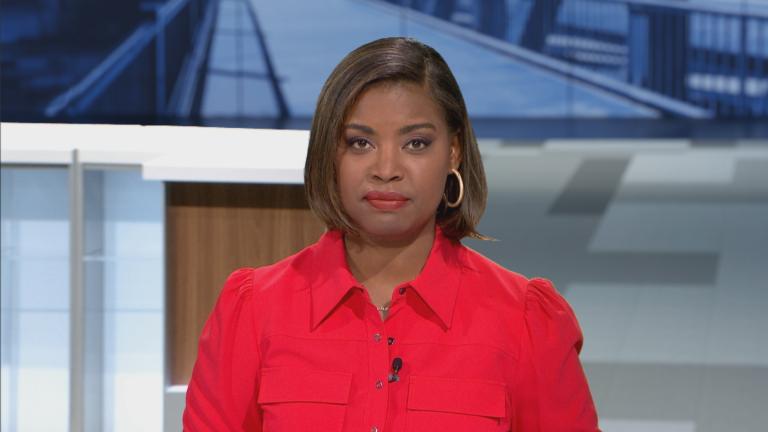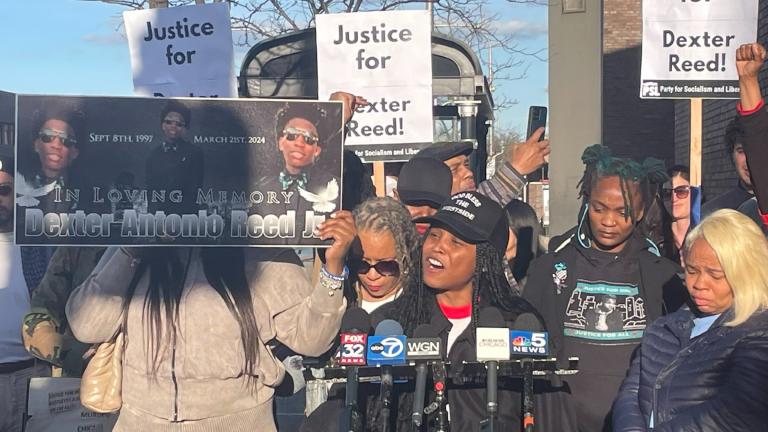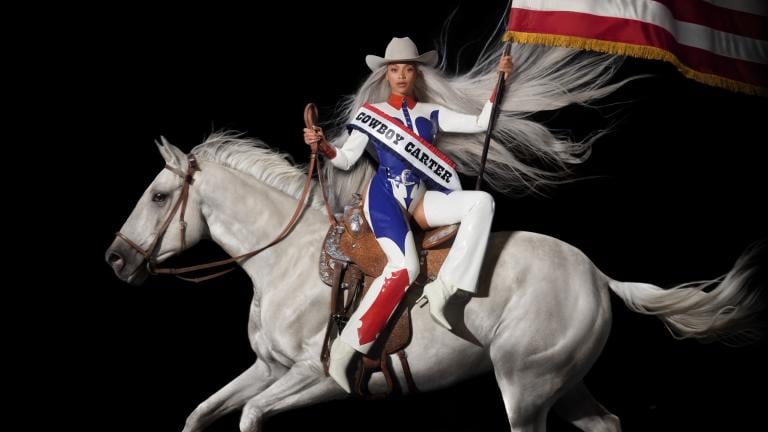Russia’s invasion of Ukraine has dominated news headlines with daily stories of families desperate to flee the country.
More than two million people have left Ukraine since the start of Russia’s attack, finding refuge in nearby countries. Nations have opened their borders and hearts to Ukrainians, happily taking them in. It’s a stark difference from 2015, when Europe faced another refugee crisis. Some of the same countries accepting refugees now, refused to take in people who were also fleeing war and violence in Syria, other parts of the Middle East, and Africa.
“I think it’s largely a race issue. Honestly, I think we’ve heard it in the media about how you know the images that we’re seeing out of Ukraine, you know, hit different because they’re blue eyes and blonde-haired refugees, right, and this is not the people that we expect to see as refugees versus those that come from the global south as seen as somewhat not deserving of the same kind of treatment and the welcoming,” said Fasika Alem, programs director of United African Organization. “I don't think the issue here is that Ukrainian refugees don’t need to be welcomed, they should be welcomed, but that we need to see the same treatment from those that are fleeing other conflicts elsewhere in the world.”
Leaders of nonprofits that assist refugees say they are happy to see the ways in which Ukrainians have been welcomed in other countries, but they would also like to see the same treatment for everyone, especially those at the U.S. border.
“We’re looking at the South borders, Central America, for example, El Salvador in my home country, they are separating their children from their mothers, kids in cages. There's nothing,” said Daysi Funes, executive director of Centro Romero. “So we are disgusted about the same situation, but now we see Ukrainians and see them looking for help, the media has a different tone.”
The U.S. is sending $13.6 billion in emergency aid to Ukraine and is offering temporary protected status to Ukrainians already in the country. Romero says she’d like to see the same assistance for all refugees, migrants and asylum seekers living in dire conditions.
It’s not just governments coming under fire and being accused of having a double standard for how certain groups of refugees are treated, the media has also come under scrutiny, along with the general public for how people have tuned in to this particular crisis.
There has been a strong show of support for the people of Ukraine, whether it's buildings lit up in the Ukrainian flag’s colors or social media posts. Again, nonprofit leaders agree this is a positive show of solidarity, but they’d like to see that same compassion for everyone.
“I mean, it’s heartening to see people showing compassion to others who are fleeing violence or fleeing war. And I was also like it was fantastic to see the response when we were accepting refugees from Afghanistan last year as well, but again, I think there’s a lot more we can do in terms of extending that compassion to other communities, but beyond that, acknowledging the role the U.S. government has also played in creating systems that are causing people to flee other regions as well and taking responsibility for that by doing things like increasing the amount of refugees we accept overall in this country, I think is incredibly important,” said Sara Haghdoosti, executive director of Win Without War.
As Ukrainians flee violence from Russia, Africans, Indians and other people of color say they’re experiencing racism while trying to cross to neighboring countries. People have been reportedly blocked from getting on trains. In some cases they have been beaten.
“Horrified. Really surprised. Because when there is conflict of that nature, you wouldn't think that there would be that type of discrimination happening, for people seeking refuge, fleeing the conflict,” said Alem, “These are people that also deserve the same treatment. These are human beings.”
Laura Washington, a columnist for the Chicago Sun-Times, wrote a column about the racism people are experiencing.
“You have to remember that many of these people of color who are coming across the border, they may not be Ukrainian citizens, but they are people who are working and living some of them long term in Ukraine,” Washington said. “Students, medical students, migrant workers who happen to be people of color. And they're being dramatically mistreated, not only just stopped at the border and refused entry, but in some cases being abused by border guards, by others. The countries say that they're not condoning this, but it's fairly widespread and it's happening, and there's only one reason for it and that's race.”
Officials in Poland and Ukraine say there is no policy or procedure to prioritize white Ukrainians. A group of activists and attorneys have filed an appeal to the United Nations demanding governments issue orders mandating that all people are treated equally at the border.








